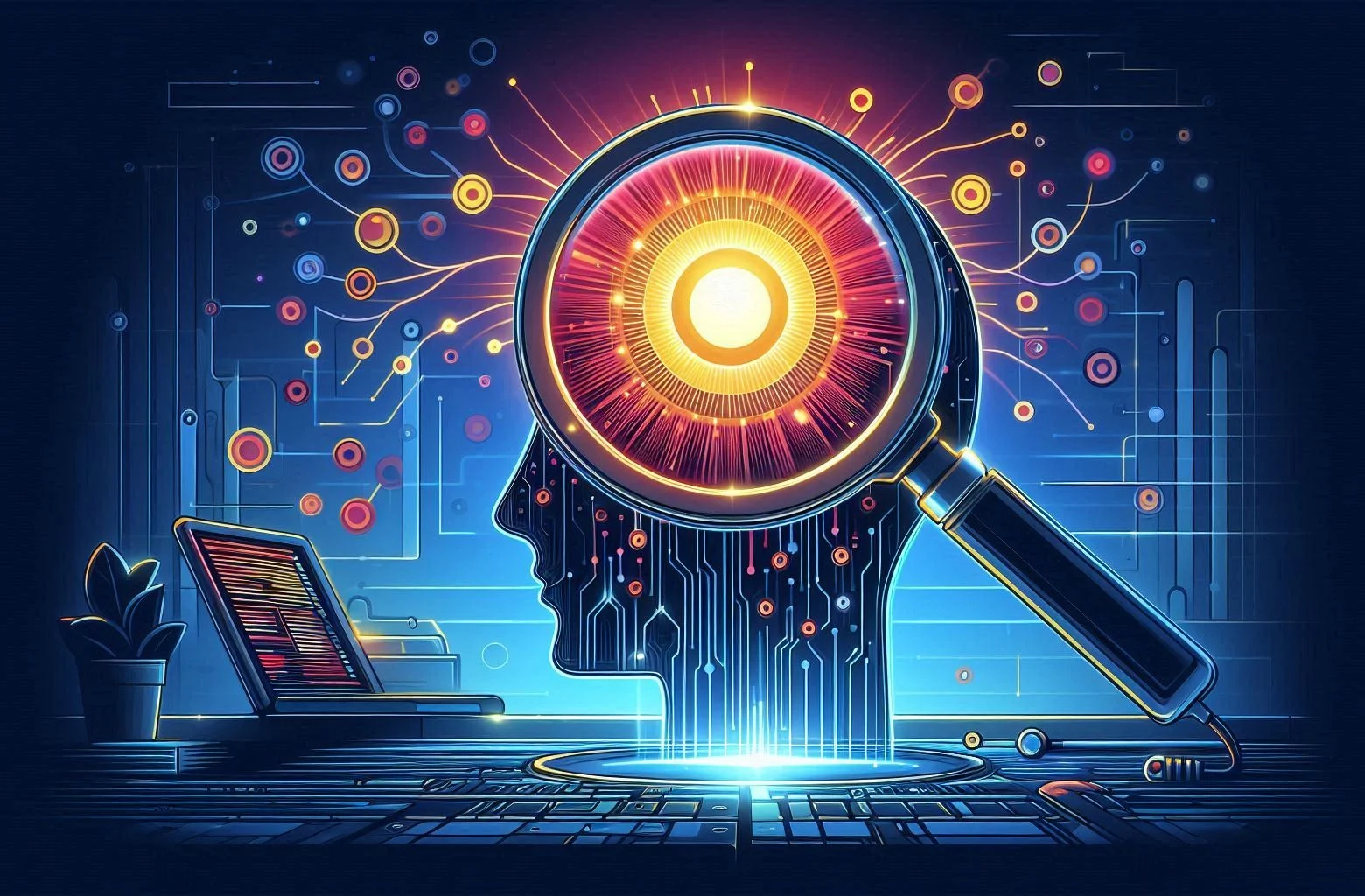The Growing Challenge of AI in Education
The rapid advancement of artificial intelligence has transformed many aspects of education, especially in writing and research. Students now have access to AI-powered tools that can generate essays, reports, and even complex assignments with just a few clicks. While this technology offers new opportunities for learning, it also poses significant challenges to academic integrity. To address these concerns, educators and institutions are increasingly turning to the AI detector as a vital resource. The AI detector helps preserve academic standards by ensuring that student work reflects genuine effort and original thinking.
The Role of the AI Detector in Upholding Integrity
Academic standards rely heavily on honesty and originality. When students submit work that is heavily influenced or entirely produced by AI, it undermines the educational process. The AI detector plays a crucial role in identifying AI-generated content, enabling teachers to assess whether assignments meet the expected standards. It’s AI has the highest RAID benchmark score in the market. By detecting the presence of AI in essays or projects, the ai detector helps maintain fairness in grading and fosters a culture of accountability. It sends a clear message that while technology can be a tool, genuine learning cannot be replaced by shortcuts.
How the AI Detector Supports Educators
Educators face an overwhelming task when reviewing numerous assignments, especially in large classes or online settings. Manually checking for AI-generated content is time-consuming and often unreliable. The AI detector offers a practical solution by quickly scanning student submissions and highlighting those that may contain AI-produced text. This allows educators to focus their attention on cases that require deeper evaluation, improving efficiency without compromising rigor. Using an AI detector not only supports teachers in their roles but also reinforces institutional policies on academic honesty.
Encouraging Students to Develop Their Own Voice
One of the most important goals of education is to help students develop their critical thinking and writing skills. When students rely on AI tools to complete assignments, they miss out on opportunities to express their own ideas and learn from the writing process. The presence of an AI detector acts as a deterrent against overdependence on AI, encouraging students to invest effort into developing their unique voices. Knowing that their work will be checked by an AI detector motivates learners to engage authentically with their studies, leading to deeper understanding and improved academic performance.
The AI Detector and the Future of Academic Assessment
As AI technology evolves, so too must the methods for ensuring academic integrity. The AI detector is continuously updated to recognize new AI writing patterns and techniques, making it an indispensable part of modern education. It enables institutions to adapt their assessment practices in a world where AI-generated content is increasingly common. By integrating the AI detector into academic workflows, schools and universities prepare themselves to meet future challenges while preserving the quality and credibility of their programs.
Maintaining Fairness in an AI-Driven Landscape
Fairness in education means that all students are evaluated based on their own merit. The use of AI to generate assignments can create an uneven playing field, disadvantaging those who complete work honestly. The AI detector helps restore fairness by ensuring that everyone is held to the same standards. It supports educators in applying consistent policies and discourages academic dishonesty. With the AI detector in place, institutions can build a more equitable learning environment where effort and originality are recognized and rewarded.
Protecting the Reputation of Educational Institutions
Academic institutions thrive on their reputation for quality and rigor. If AI-generated content goes unchecked, it can damage the credibility of a school or university. The AI detector is an essential tool for protecting institutional reputation by preventing the submission of AI-written work that does not meet scholarly standards. When institutions demonstrate a commitment to using an AI detector, they reinforce their dedication to academic excellence and integrity, assuring students, parents, and stakeholders that they uphold the highest educational values.
The Ethical Dimension of Using an AI Detector
Beyond technical considerations, the use of an AI detector touches on important ethical issues. It reflects a commitment to honesty, responsibility, and respect for intellectual property. By employing an AI detector, educators promote ethical behavior among students and cultivate a learning culture where authenticity is valued. This ethical stance benefits not only individual learners but also society at large, as graduates enter the workforce with the skills and integrity needed to succeed.
Empowering Students Through Transparency
Transparency is key to fostering trust between students and educators. Explaining the role of the AI detector in academic policies helps students understand why original work matters. When students know that their submissions will be reviewed with an AI detector, they are more likely to appreciate the importance of honest effort. This awareness empowers learners to take responsibility for their education and approach assignments with integrity. The AI detector thus serves as both a tool of enforcement and education.
Conclusion: Strengthening Education With an AI Detector
The rise of AI in academic settings presents both opportunities and challenges. To preserve academic standards in this evolving landscape, the use of an AI detector is essential. It supports educators in maintaining fairness, encourages students to develop their own voices, and protects the reputation of educational institutions. By integrating the AI detector into academic processes, schools and universities uphold the principles of honesty and originality that are the foundation of true learning. In embracing the AI detector, the academic community strengthens its commitment to integrity and prepares students for a future where technology and ethics go hand in hand.



